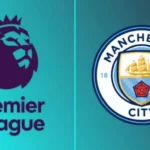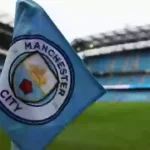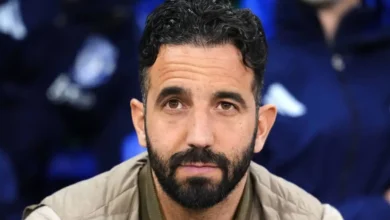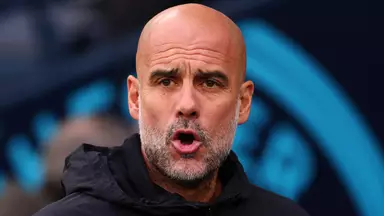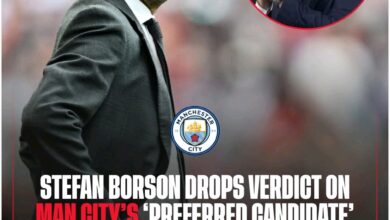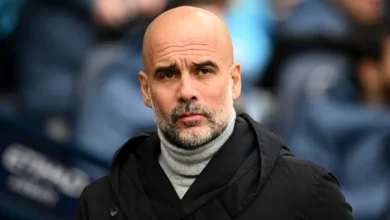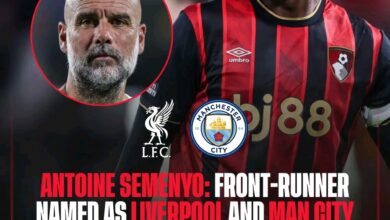Five steps to PL return from League Two post-expulsion include replacing Guardiola
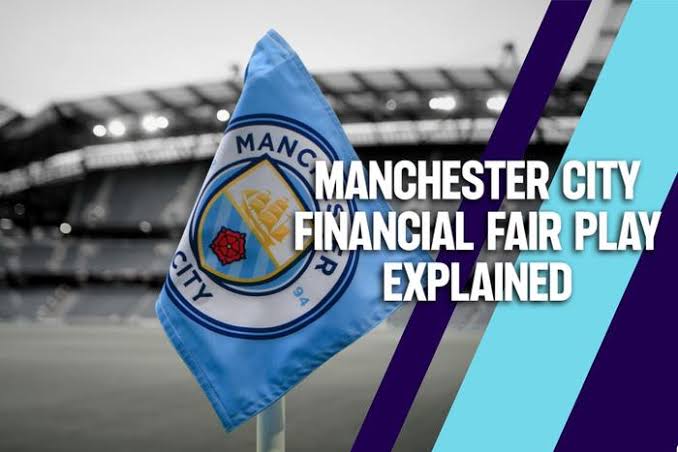
It has been two long years since the phrase “Man City FFP” became a fixture in the headlines, and the saga surrounding the club’s financial fair play issues is finally nearing a conclusion. The verdict is expected to arrive any day now. Given the financial power of Manchester City, their persistent claims of innocence, and the Premier League’s struggles to address these allegations effectively, many rival fans have resigned themselves to the idea that a fine is the most likely outcome. While a fine would be disappointing and somewhat anticlimactic, it is far more exciting to imagine the consequences if the club were to face much more severe sanctions.ā
There have been rumors of a points deduction or even a transfer ban, and one of the most extreme possibilities discussed is Manchester City being expelled from the Premier League entirely and sent to League Two. If this were to happen and many of the reported 130 charges against the club were proven true, the scenario could lead to a significant transformation in English football. With their enormous financial resources, Manchester City could dominate the lower leagues much like Rangers did after their own financial turmoil, and they would likely rise swiftly through the ranks to secure a return to the Premier League. Here, we consider five key steps Manchester City might take as they embark on this hypothetical journey through the lower leagues.
The first of these steps would involve making some significant changes to their squad. Many of Manchester City’s current top players would undoubtedly leave the club, as loyalty is rare in football. Erling Haaland, Rodri, Kevin De Bruyne, and Ederson are just a few examples of key players who would likely move on. Haaland might be courted by clubs like Real Madrid, and De Bruyne could seek out a move to Saudi Arabia, where there is growing interest in big-name players. Jack Grealish might return to Aston Villa, which would offer a bit of nostalgia for fans. As for Scott Carson, he might finally get a few appearances, but the reality is that Manchester City would have to undergo a major rebuild to become competitive in League Two.
Given the financial strength of Manchester City, one approach they could adopt is to emulate the recruitment strategies of clubs like Wrexham, who have made headlines in recent years thanks to their Hollywood owners, Ryan Reynolds and Rob McElhenney. Wrexham’s return to the Football League has been followed by back-to-back promotions, and they are now pushing for a spot in the Championship. Manchester City could apply similar tactics, targeting the best players in League Two and perhaps even League One to build a squad capable of quickly moving up the divisions. With the constraints of Financial Fair Play rules in place, it would be more sensible for City to focus on signing the most talented players available at the lower levels rather than attempting to bring in high-priced Premier League stars.
Of course, another change would involve Pep Guardiola’s departure. It is hard to imagine Guardiola sticking around if Manchester City were relegated to League Two. The manager would likely look for a way out of his contract, especially given the uncertainty surrounding the club’s future. There would be no shortage of attractive opportunities for him, whether in a top European club or with national teams. In Guardiola’s absence, the club would need a new manager to guide them through their League Two journey. A reasonable candidate could be Nigel Clough, who has had success with clubs in the lower leagues, including Mansfield Town, whom he led to promotion. Clough’s background as a former player for Manchester City might make him an appealing choice for the club’s board. While not as high-profile as some of the top managers in the Premier League, Clough’s experience in the lower divisions could be invaluable as the club attempts to rebuild and climb back up.
As Manchester City begins this rebuilding process, their academy would become an even more important resource. Over the years, the club has invested heavily in its youth setup, producing a steady stream of talented players. Players like Rico Lewis and Oscar Bobb have already begun to make waves in the first team, and the club’s expulsion from the Premier League could provide these young stars with the opportunity to take center stage. Without the immediate pressure of competing against the likes of Liverpool or Manchester United, Guardiola’s successor (likely Clough) would have to rely heavily on the academy to help guide the team back to the top. The likes of Lewis, Bobb, and others would become the faces of the team, leading Manchester City’s charge through the lower leagues and helping the club regain its place among the elite.
Winning trophies, of course, would be a key objective for Manchester City during this journey. While the club’s situation would be very different from what it is today, the prospect of a trophy drought might be less severe than it seems at first glance. Manchester City could find success in the Football League Trophy (often known by its current sponsor’s name, the Bristol Street Motors Trophy). While this competition is not the most prestigious in English football, winning it would provide the club with a valuable piece of silverware and a trip to Wembley. This would be an important step in boosting morale and re-establishing the club’s winning mentality as they navigate through the lower leagues.
The final step in this hypothetical scenario would be for Manchester City to experience a dramatic promotion back to the Premier League, perhaps reminiscent of their iconic comeback in the 1999 play-off final. In that match, City came from behind to force a dramatic 2-2 draw against Gillingham, before ultimately winning in a penalty shootout. The idea of repeating such a dramatic promotion is certainly tempting, especially as the club would likely face difficult challenges as they moved up from League Two to League One, and eventually the Championship. However, as evidenced by Rangers’ experience, promotion is not guaranteed, and it’s possible that City’s return to the Premier League might require a few attempts, relying on play-offs along the way.
In conclusion, while the idea of Manchester City being relegated to League Two is a far-fetched and unlikely scenario, it presents an interesting thought experiment. With their immense financial resources, the club would undoubtedly rise quickly through the ranks, adopting strategies similar to those used by clubs like Wrexham. They would lean heavily on their academy, give their young players a chance to shine, and perhaps even find success in the Football League Trophy. In the end, it’s easy to imagine Manchester City, after a few years of rebuilding, finding their way back to the Premier League, likely in a dramatic fashion, much like their 1999 promotion. The current situation around the club may ultimately end in a fine, but the fantasy of their relegation and return is an entertaining possibility for fans and pundits alike.

